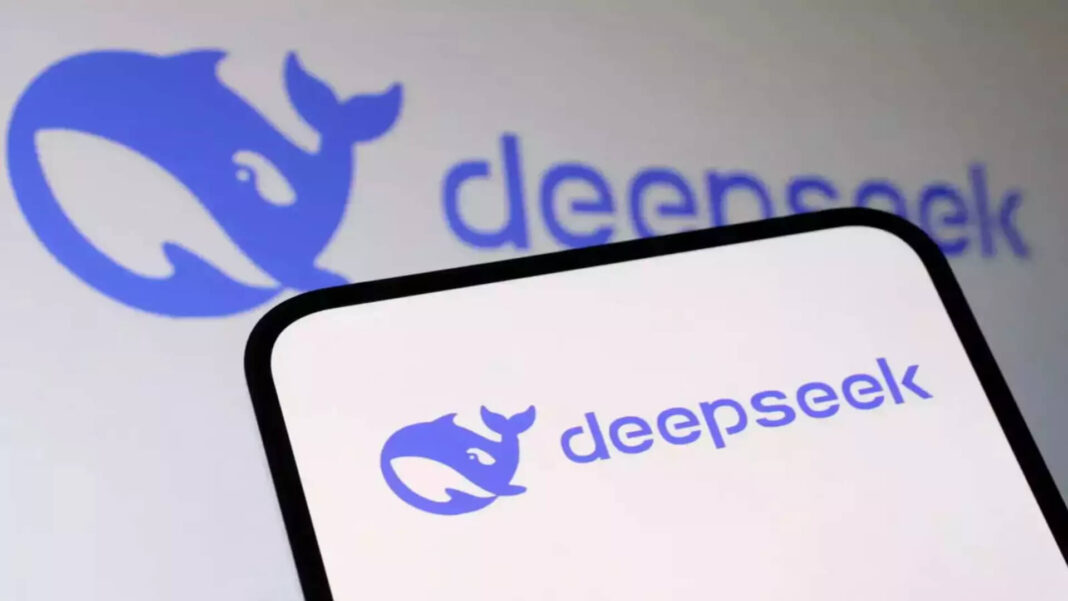KeyTakeaways:
- South Korea restricts DeepSeek AI on government devices over security risks.
- Kakao and SK Hynix limit AI usage due to data privacy concerns.
- Growing global scrutiny on DeepSeek amid potential data misuse risks.
South Korea has officially blocked access to DeepSeek’s AI chatbot on government devices, citing security concerns and potential data risks. This move follows similar restrictions imposed by France and Italy, marking a growing international trend of limiting access to the Chinese-based AI platform.
The South Korean government imposed the ban after DeepSeek failed to respond to queries regarding its data privacy practices. This lack of transparency, particularly concerning how the AI handles sensitive information, led to restrictions from multiple South Korean ministries, including those responsible for defense, foreign affairs, and trade. The ban applies primarily to government devices, particularly those used for sensitive work in the military and trade sectors.
The South Korean government’s decision reflects broader global concerns regarding DeepSeek’s handling of user data. South Korea joins a growing list of nations scrutinizing the chatbot’s operations, with Australia and Japan also taking steps to limit access to generative AI on government devices. The concerns revolve around the potential for data leaks or misuse, particularly regarding classified or sensitive government information.
Corporate Sector Takes Precautionary Measures
The security risks related to DeepSeek are not limited to the government sector. Major South Korean companies, including Kakao Corp, SK Hynix, and Naver, have also restricted their employees’ use of the AI chatbot.
These corporations have expressed concerns about privacy and data security, urging employees to avoid using platforms like DeepSeek that store data outside their secure environments. This follows Kakao’s recent partnership with OpenAI, which underscores a shift towards more secure AI technologies.
DeepSeek’s challenges are part of a wider trend in which countries and corporations impose stricter controls on Chinese AI services worldwide. In addition to the recent bans in South Korea, France, and Italy, Australia and Japan have raised concerns about the platform’s ability to protect sensitive information.

